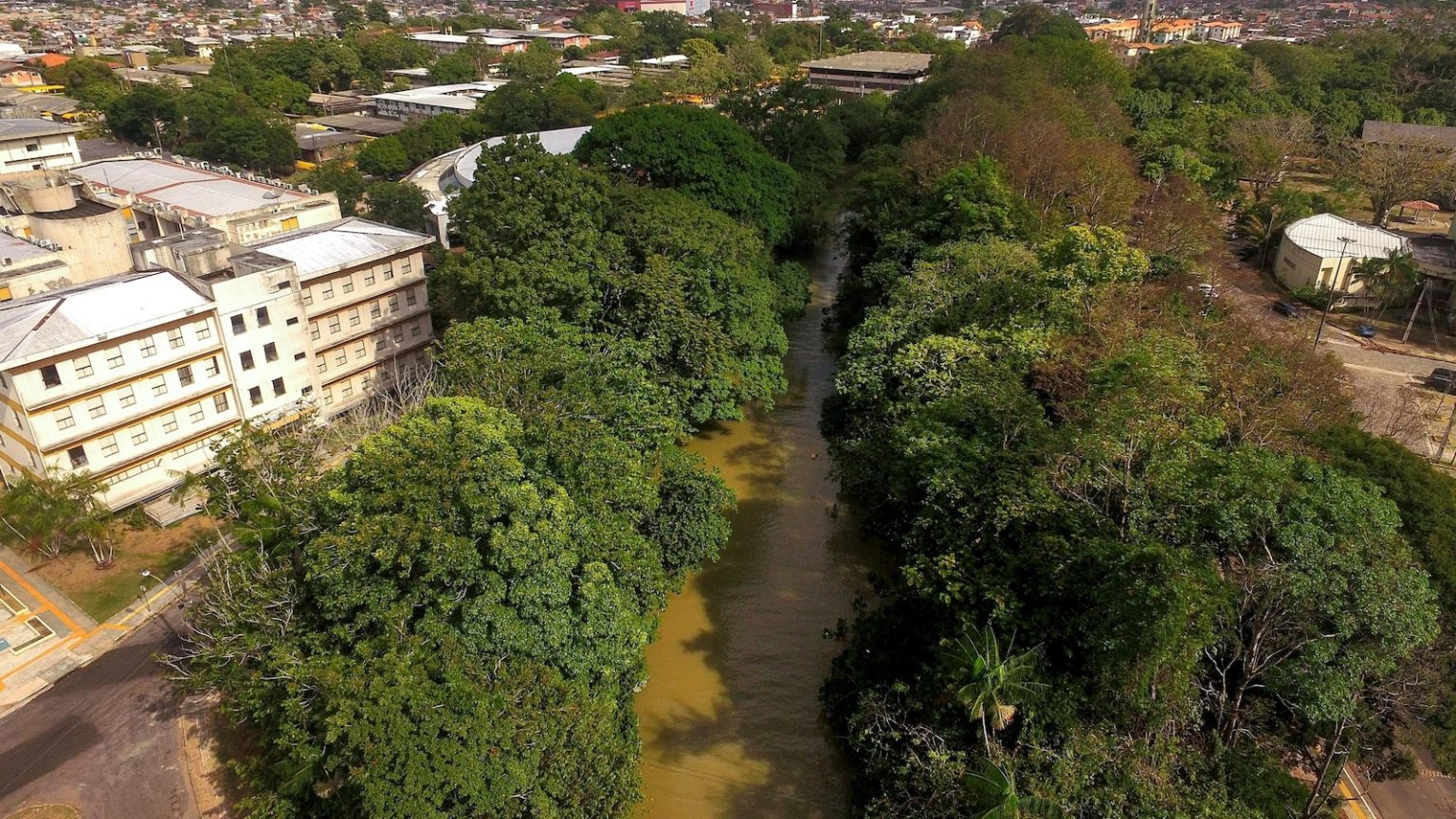COP30 in Belem: A Perfect Storm of High Prices and Limited Housing
The countdown to the 2023 United Nations Climate Summit, COP30, in Belem, Brazil, has exposed a growing crisis: skyrocketing lodging prices that threaten to exclude many would-be attendees. Nestled on the edge of the Amazon rainforest, Belem was chosen to spotlight the region’s critical role in regulating the climate by absorbing massive amounts of carbon dioxide. However, the city’s lack of infrastructure and surge in demand have created a housing shortage that is spiraling out of control. Property owners and rental companies, sensing an opportunity, are charging exorbitant rates for even the most basic accommodations. For instance, a modest flat apartment on Booking.com, priced at $158 today, is now listed at $15,266 for the duration of the summit—a staggering 9,562% increase. Similarly, a shared room in a neighboring city on Airbnb has jumped from $11 per day to $9,320, leaving many questioning whether attendance is even feasible.
Brazil’s Hosting Ambitions and the Challenges of Belem
President Luiz Inacio Lula da Silva has championed COP30 as a historic opportunity to highlight Brazil’s commitment to environmental protection and the Amazon’s role in combating climate change. This year’s summit is particularly significant, as countries are required to update their emission reduction targets, and civic groups are eager to participate in a nation that allows for free expression, unlike recent hosts Azerbaijan, the UAE, and Egypt. Yet, Belem’s infrastructure is far from equipped to handle an event of this magnitude. With an estimated 50,000 attendeesexpected—compared to 54,148 in Baku last year and a record 83,884 in Dubai—the city’s 2.5 million residents and limited housing stock are under immense strain. Officials remain tight-lipped about the number of available rooms, while stories of canceled reservations and steep price hikes dominate.
The Struggle to Secure Affordable Housing
For organizations and individuals planning to attend COP30, securing affordable accommodations has become a daunting task. Many who booked early in anticipation of lower rates have seen their prices skyrocket or their reservations canceled without explanation—a common practice in the hospitality industry ahead of major events. A European nonprofit, for example, reserved a room for $2,000 in December, only to see the price leap to $7,200 two weeks later. These challenges are particularly daunting for smaller organizations, activists, and journalists, who are now being forced to reconsider their participation. “Planning for COP30 in Belem has been challenging due to limited and expensive accommodations,” said Roberta Alves of Mercy Corps. “We are awaiting alternative options from the organizers to ensure all voices, especially those from the frontlines of the climate crisis, are included.”
Government Intervention and the Search for Solutions
In response to mounting criticism, the Brazilian government has pledged to provide an additional 26,000 bed spaces to ease the housing crunch. These will include accommodations on docked cruise ships, in public schools, and at military facilities. COP30 organizers have also announced plans to launch an online platform for accredited participants to book housing, though details remain scarce. Valter Correia, the special secretary for the event, attributed the price increases to real estate speculation and expressed optimism that the situation would stabilize as more accommodations become available. While these measures are a step in the right direction, they may come too late for many would-be attendees who are already stretched to the limit.
Defending Belem: A Call for Perspective and Solidarity
Despite the challenges, many advocates are rallying behind Belem, arguing that its role as host is too important to overshadow. Environmentalist Priscilla Santos, co-founder of the Amazonians for Climate Network, criticized those who dismiss the city’s capabilities, calling their attitudes “colonialist” and counterproductive. “Everyone wants to ‘save the Amazon,’” she wrote, “but no one wants to discuss it in the territory.” For Santos and others, COP30 represents a rare opportunity to bring global attention to the Amazon and its inhabitants, who are disproportionately affected by climate change. While the logistical struggles are undeniable, they argue that the summit’s potential to drive meaningful change outweighs the current difficulties.
The Broader Debate: Is Belem Ready for the World Stage?
As the debate over Belem’s suitability as a host city continues, property owners and managers are divided on the ethics of price gouging. Some, like Gisleno da Silva, defend their high rates as a reflection of supply and demand, while others, such as Carlos Netto, openly criticize the practice, questioning whether foreign attendees would ever agree to such exorbitant prices. Meanwhile, viral social media posts compare Belem’s prices to those of luxury hotels in Dubai, further fueling outrage. These criticisms have put the Brazilian government on the defensive, as it scrambles to balance its hosting ambitions with the need to ensure inclusivity and accessibility. As COP30 approaches, the world will be watching not only the summit’s outcomes but also whether Belem can rise to the occasion as a capable and compassionate host.















